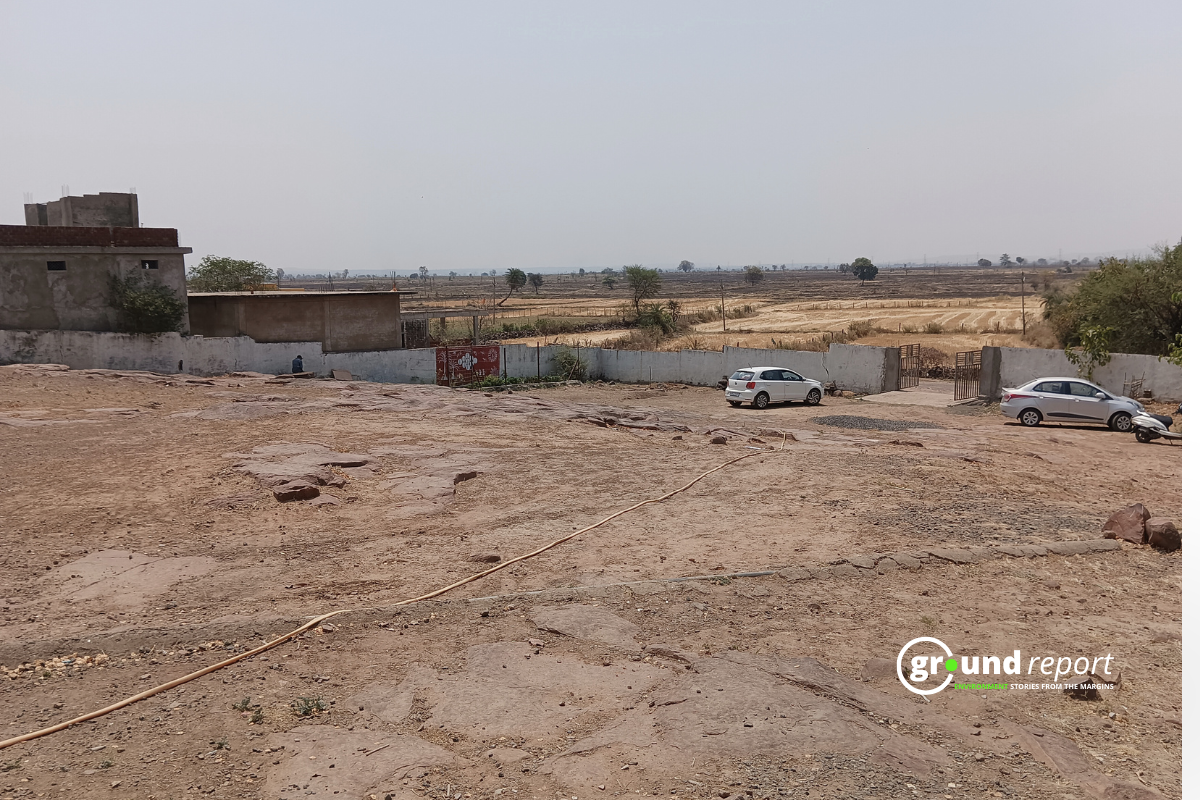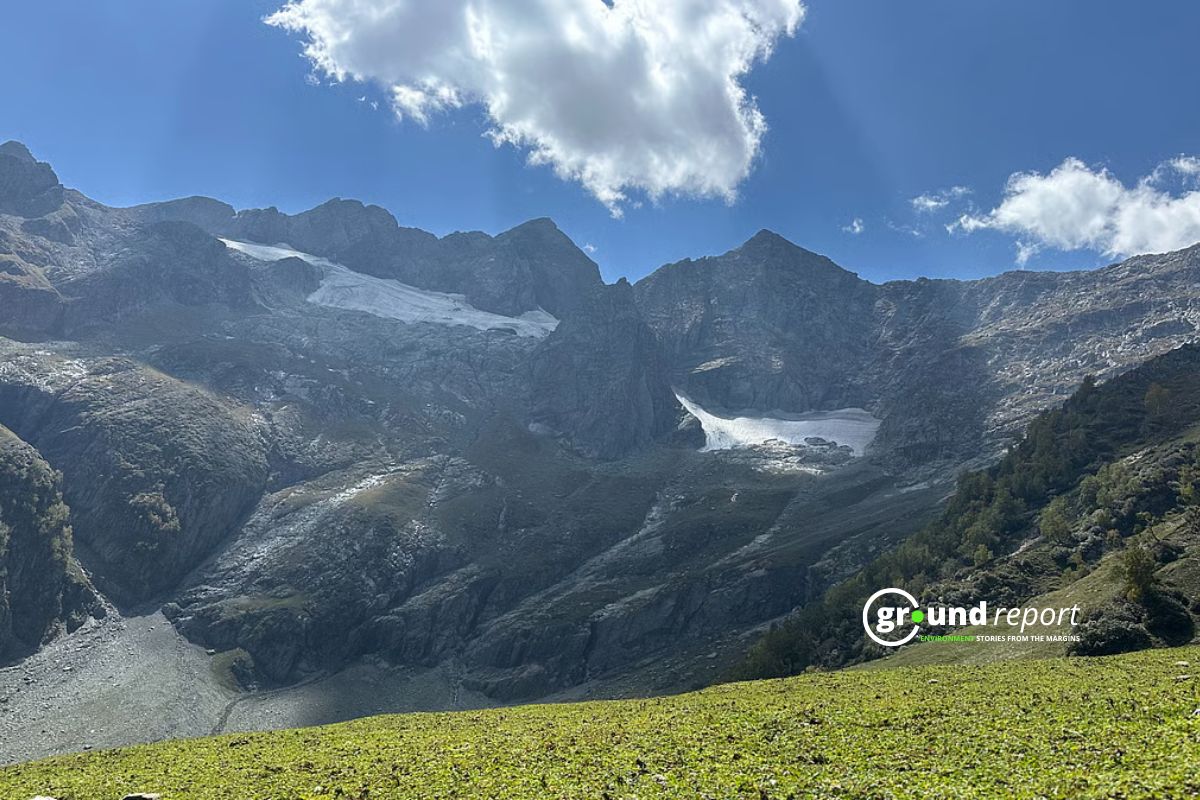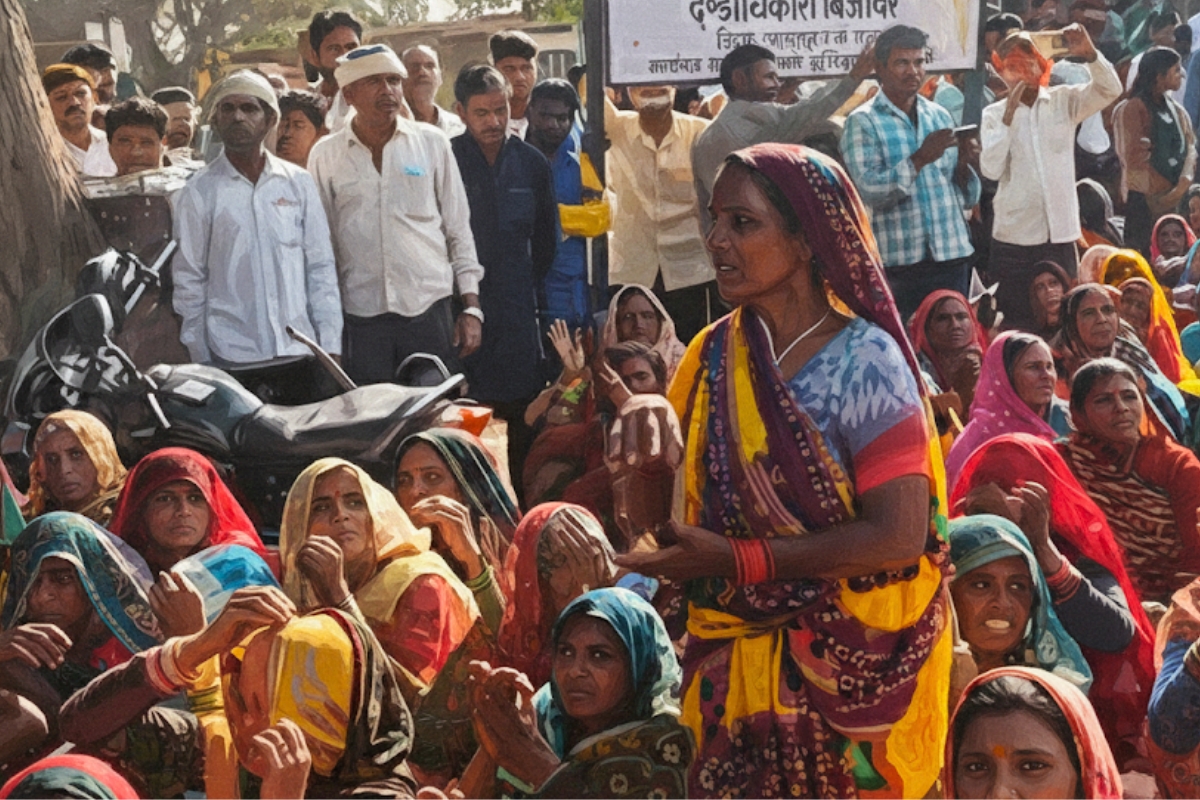A viral video of sea waves flooding roads in the Maldives highlights the threat from rising sea levels due to climate change. The country’s new president, Mohamed Muizzu, scraps citizen relocation plans and proposes land reclamation and elevated islands to combat the waves.
The Maldives, a luxury holiday destination known for its beaches and lagoons, is on the frontlines of the climate crisis. The archipelago of 1,192 tiny islands is at risk of becoming uninhabitable due to rising seas and erosion, with 80% of its territory less than a meter above sea level.
Over a decade ago, former president Mohamed Nasheed warned that Maldivians were at risk of becoming the world’s first environmental refugees and needing relocation. He proposed setting aside funds to buy land in neighbouring India, Sri Lanka, or Australia.
But Muizzu, a 45-year-old British-educated civil engineer, has a different plan. “We can do that if we need more space for living or economic activity,” he told AFP news agency from the crowded capital Male, surrounded by concrete sea walls. “We are self-sufficient.”
The president proposes combating rising sea levels through large-scale land reclamation projects. He suggests pumping sand onto submerged coral platforms to create new, higher islands. This approach has increased the Maldives’ landmass by about 10 percent over the past four decades, totaling 30 square kilometers (11.6 square miles).
Meanwhile in Maldives 🌊 pic.twitter.com/cQ8mmUBU07
— Nature is Amazing ☘️ (@AMAZlNGNATURE) June 9, 2024
During his seven-year tenure as construction minister, Muizzu played a key role. He oversaw the expansion of the artificial island of Hulhumale, linked to the capital by a Chinese-built bridge. Hulhumale, with its towering residential blocks, is now double the area of Male and home to around 100,000 people.
Environmental and human rights groups have raised concerns over the consequences of unchecked reclamation. A recent report by Human Rights Watch accused Maldivian authorities of failing to implement environmental regulations. This led to rushed projects that damaged coral reefs, buried mangroves, and increased flooding risks for local communities.
“The Maldives government has ignored or undermined environmental protection laws, increasing flooding risks and other harm to island communities. It cited examples such as the loss of 70 percent of mangroves on one island due to airport construction.
Ahmed Fizal, head of the environmental campaign group Marine Journal Maldives, fears politicians and businessmen see shallow lagoons as potential reclamation sites for quick profits, without considering long-term costs and consequences.
“You have to ask ‘what’s the limit, what’s the actual cost of reclamation?'”
The warning lights are flashing red as rising salt levels have corrupted freshwater resources across the archipelago. Shauna Aminath, the former environment minister, said, “Every island in the Maldives has run out of fresh water.”
Despite concerns, Muizzu remains confident in his plans and rules out relocating citizens or purchasing land elsewhere. “I can categorically say that we definitely don’t need to buy or lease land from any country,” he stated.
As the battle against rising seas intensifies, the Maldives weighs the benefits of land reclamation against environmental risks and long-term sustainability.
Keep Reading
Part 1: Cloudburst in Ganderbal’s Padabal village & unfulfilled promises
India braces for intense 2024 monsoon amid recent deadly weather trends
Support us to keep independent environmental journalism alive in India.
Follow Ground Report on X, Instagram and Facebook for environmental and underreported stories from the margins. Give us feedback on our email id greport2018@gmail.com.
Don’t forget to Subscribe to our weekly newsletter, Join our community on WhatsApp, and Follow our YouTube Channel for video stories.








